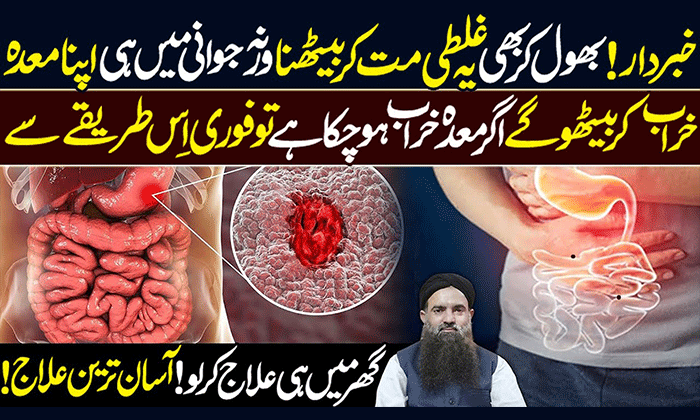Tooth decay, also known as dental cavities or caries, is a common oral health problem that affects people of all ages worldwide. Understanding the causes, symptoms, and treatment options for tooth decay is essential for maintaining good oral hygiene and preventing complications. In this article, we’ll explore the causes and symptoms of dental cavities and discuss effective treatment options for addressing tooth decay.
Understanding Tooth Decay
What causes tooth decay?
Tooth decay occurs when plaque, a sticky film of bacteria, sugars, and acids, builds up on the teeth and produces acids that erode tooth enamel. Factors that contribute to tooth decay include poor oral hygiene, sugary and acidic foods and beverages, bacteria in the mouth, and genetics.
How do dental cavities form?
Dental cavities form as a result of prolonged exposure to acids produced by bacteria in plaque. These acids gradually dissolve the minerals in tooth enamel, leading to the formation of small holes or cavities in the teeth.
Symptoms of Dental Cavities
Common Symptoms



Symptoms of dental cavities may vary depending on the severity and location of the decay. Common symptoms include:
- Toothache or spontaneous tooth pain
- Sensitivity to hot, cold, or sweet foods and beverages
- Visible pits or holes in the teeth
- Discoloration or staining on the surface of the teeth
- Pain when biting or chewing
Treatment Options for Tooth Decay
1. Dental Fillings
Dental fillings are a common treatment for small to moderate cavities. During the procedure, the dentist removes the decayed portion of the tooth and fills the cavity with a durable filling material such as composite resin, amalgam, or porcelain.
2. Dental Crowns
For larger cavities or teeth with extensive damage, a dental crown may be recommended. A crown is a custom-made cap that covers the entire tooth, restoring its shape, strength, and function.
3. Root Canal Therapy
If tooth decay has reached the inner pulp of the tooth, causing infection or inflammation, root canal therapy may be necessary. During the procedure, the dentist removes the infected or damaged pulp, cleans and disinfects the root canal, and seals it with a filling material.
4. Tooth Extraction
In cases of severe decay or irreparable damage, tooth extraction may be the only option. The dentist removes the affected tooth to prevent further complications and may recommend tooth replacement options such as dental implants, bridges, or dentures.
5. Fluoride Treatment
Fluoride treatment may be recommended for patients at high risk of tooth decay or to remineralize early-stage cavities. Fluoride helps strengthen tooth enamel and can slow down the progression of decay.
Prevention of Tooth Decay
Tips for Preventing Dental Cavities
1. Practice Good Oral Hygiene
Brush your teeth twice a day with fluoride toothpaste, floss daily, and rinse with an antimicrobial mouthwash to remove plaque and bacteria from the teeth and gums.
2. Limit Sugary and Acidic Foods
Reduce consumption of sugary snacks, candies, sodas, and acidic foods and beverages that can contribute to tooth decay. Instead, opt for healthy snacks such as fruits, vegetables, cheese, and nuts.
3. Visit Your Dentist Regularly
Schedule regular dental check-ups and cleanings every six months or as recommended by your dentist. Routine exams allow for early detection and treatment of dental cavities and other oral health issues.
4. Use Fluoride Products
Use fluoride toothpaste, mouthwash, and professional fluoride treatments to strengthen tooth enamel and prevent cavities. Your dentist can recommend fluoride products appropriate for your oral health needs.
Conclusion
Tooth decay is a common dental problem that can lead to pain, discomfort, and tooth loss if left untreated. By understanding the causes and symptoms of dental cavities and adopting preventive measures such as good oral hygiene, healthy diet choices, and regular dental visits, you can maintain optimal oral health and prevent tooth decay for a lifetime.






